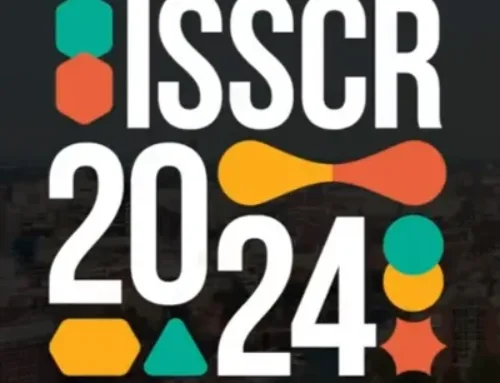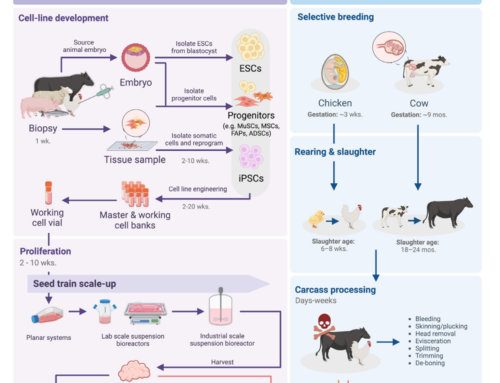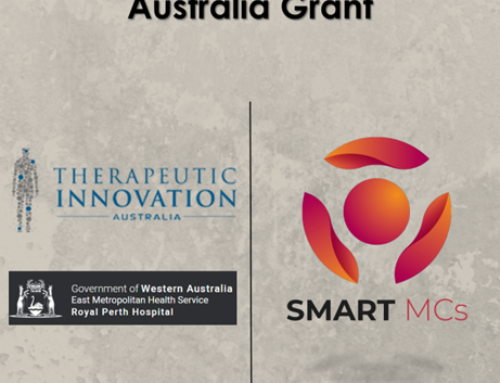Industrial food and products – edible and digestible microcarriers for cultivated meat production
We were excited to be present our company at the The Bioprocessing Network (BPN) Sydney 2022. This conference is held on 18-20 October and our CTO (Lin Ding) will be presenting our technology. Our CTO, Dr. Lin Ding, presented around the major scaling challenges ahead of cultivated meat and provided Smart MCs’ recent biological results of culturing adherent myoblast and fibroblasts on X1 edible microcarriers. Reach out to us to learn more!
Abstract:
The emergence of cellular agriculture (e.g., cultivated meat) and potentials for ethical and sustainable in vivo production of animal products, has led to development of technologies for efficient cell culture. One major challenge is the scalability and microcarriers (MCs) are the most promising approach for upscaling adherent cell culture inside bioreactors. Despite all the advancements, MCs were originally developed for medical fields and suffer from technical challenges including wasteful workflows, low cell expansion capacity and high material costs. Additionally, commercial MCs are non- edible and traces of them may end up in the final meat due to material leaching or breaking. To overcome the limitations, this work presents X1 microcarrier that overcome the technical challenges and provide a low-cost option. The X1 microcarrier is only made from edible and off-the-shelf materials that could be directly used in for scaffolding or facilitate harvesting with no cell loss through enzymatic digestion. Considering the benefits, the cell culture results indicate that X1 MCs can offer an excellent cell expansion compared to commercially available options. The X1 technology could enable cellular agriculture and also medical companies to upscale their cell production at low-cost with high efficiency.
Authors: Lin Ding*, Payar Radfar and Majid Ebrahimi Warkiani








Leave A Comment